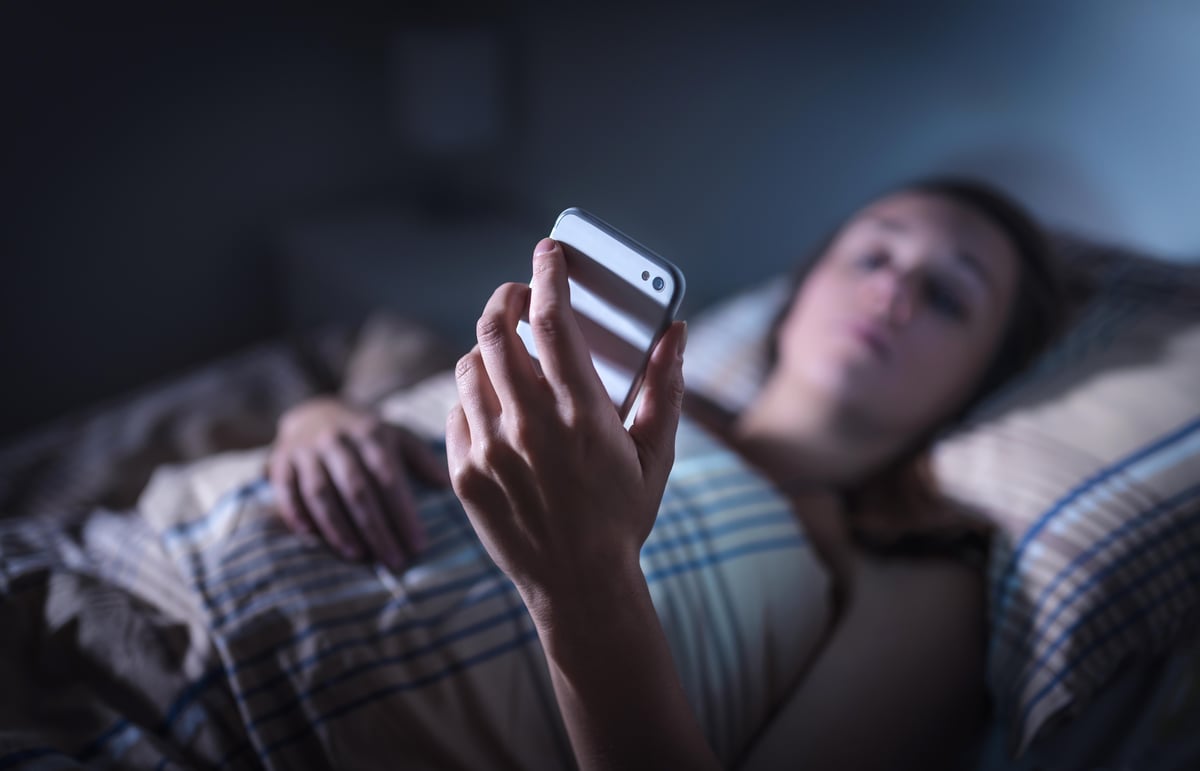Poor Sleep Linked to More Mood Disorders During Pandemic

TUESDAY, April 26, 2022 (HealthDay News) -- Having trouble getting your shut-eye during the COVID-19 pandemic?
You may be at increased risk for anxiety, depression and other mental health struggles.
That's the key takeaway from an analysis of data collected from nearly 5,000 people who wore a digital sleep device before and during the pandemic.
The authors also examined responses to a June 2020 survey on mental health completed by about 15% of those users.
"In addition to sleep during the pandemic, people's sleep patterns before the start of the pandemic were associated with their odds of mental health symptoms during the pandemic," said study author Mark Czeisler, of Brigham and Women's Hospital in Boston.
"We don’t know the direction of this relationship -- the degree to which mental health influences sleep, sleep influences mental health, or both -- but we do see evidence of the important role of sleep during the pandemic, especially as we look for modifiable risk factors that could help improve mental health," Czeisler said in a hospital news release.
His team found that on average, study participants got 15 more minutes of sleep each night and had more consistent sleep timing during the pandemic. They went to bed later but woke up even later than usual.
But not everyone slept better, and sleep worsened in a subset of people in the study.
About 20% of study participants screened positive for anxiety or depression symptoms, the researchers said. Thirty percent screened positive for burnout, and about 20% reported an increase in substance use to cope with stress.
Participants who slept fewer than six hours a night before and during the mid-pandemic had a higher risk of anxiety, depression and burnout. Lower sleep consistency was also associated with an increased risk of mental and behavioral health symptoms.
The findings were published April 19 in the journal Sleep Health.
"Our study speaks to the importance of sleep for mental health, especially in the context of stressful episodes," Czeisler said. "Making an effort to prioritize sleep and develop a regular sleep schedule can offer protection during these times."
The researchers noted that 71% of study participants were men and 77% were white, so the findings may not apply to the general U.S. population.
The team hopes to do a follow-up study to find out if people who had mental health symptoms in June 2020 still have them and what role sleep may play in their mental health outcomes.
More information
The Sleep Foundation has more about sleep during the COVID pandemic.
SOURCE: Brigham and Women's Hospital, news release, April 20, 2022
Related Posts
Health Highlights: Jan. 18, 2023
Kids' COVID more dangerous when the flu, RSV are also present. Those co-infected...
Sobornar a las personas puede ayudarlas a alcanzar sus metas de pérdida de peso, encuentra un estudio
LUNES, 5 de diciembre de 2022 (HealthDay News) -- El dinero quizá no compre la...
Biden Administration Extends COVID-19 Public Health Emergency for 90 Days
THURSDAY, April 14, 2022 (HealthDay News) -- America's public health emergency...
How Long Do Lockdowns Keep People at Home?
MONDAY, Dec. 27, 2021 (HealthDay News) -- Lockdowns keep people home for a few...
